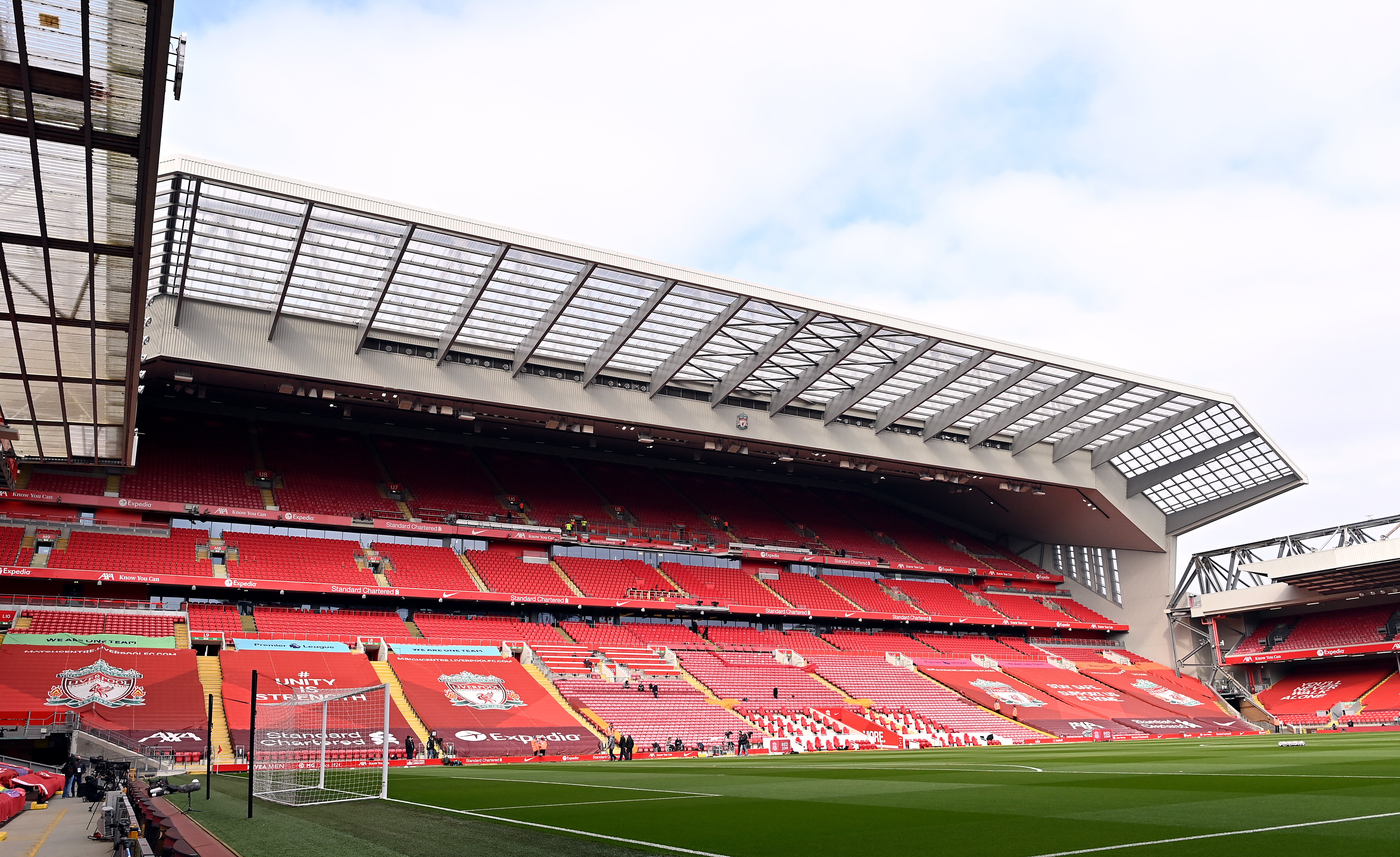Liverpool committed to continued investment after another financial loss
Figures for the period ending May 2021 show the club made a pre-tax loss of £4.8million

Your support helps us to tell the story
From reproductive rights to climate change to Big Tech, The Independent is on the ground when the story is developing. Whether it's investigating the financials of Elon Musk's pro-Trump PAC or producing our latest documentary, 'The A Word', which shines a light on the American women fighting for reproductive rights, we know how important it is to parse out the facts from the messaging.
At such a critical moment in US history, we need reporters on the ground. Your donation allows us to keep sending journalists to speak to both sides of the story.
The Independent is trusted by Americans across the entire political spectrum. And unlike many other quality news outlets, we choose not to lock Americans out of our reporting and analysis with paywalls. We believe quality journalism should be available to everyone, paid for by those who can afford it.
Your support makes all the difference.Liverpool remain committed to continued investment on and off the pitch despite posting a second successive season of Covid-impacted financial loss.
Figures for the period ending May 2021 – which included their first league title triumph in 30 years – show the club made a pre-tax loss of £4.8million.
That was significantly reduced from a £46m loss the previous year in the first season severely affected by the global pandemic, having made a healthy profit in the preceding three years.
While managing director Andy Hughes reiterated the stance the club could only spend what they earned he stressed that did not mean there would not be further outlay on players and infrastructure.
“It is imperative, however, that we continue to live within our means and operate within football’s regulations and financial fair play,” he said.
“But we’ll continue to reinvest on and off the pitch to further strengthen our position and compete at the highest levels right across the club.”
That has already been acted upon this season with the £36m summer arrival of RB Leipzig central defender Ibrahima Konate followed by the January signing of Porto winger Luis Diaz for an initial £37.5m, although almost half of that outlay was recouped by the sale of fringe players.
Overall revenue in 2020-21 fell by £3m to £487m with a massive drop of 95 per cent in matchday income – from £70m to just £3m – as all but the final home match of the season, when 10,000 fans were allowed in, were played behind closed doors.
Non-matchday commercial revenues, including retail stores, stadium tours and the museum, closing due to the pandemic, were down.
That was offset somewhat by an increase of £64.5m in media revenue – due to the prolonged 2019-20 season, which fell outside of the previous reporting period – and and a miniscule (£200,000) rise in commercial revenue.
There were also record-breaking kit sales from the new partnership with Nike.
Wages actually fell from £325m to £314m, mainly because the previous figure included bonuses for winning the Champions League in 2019 and accrued bonuses for the Premier League title win 12 months later.
“These latest results demonstrate the significant financial impact of the global Covid pandemic which affected all areas of the business,” added Hughes.
“We have worked really hard these past years to get us into a really strong and sustainable financial position.
“Despite navigating through a very challenging and uncertain period, overall revenue remained flat, demonstrating the underlying financial strength of the business.
“It’s been an unprecedented time on and off the pitch. Our men’s team winning our 19th league title was a truly fantastic achievement, but not having supporters in the stadium to share the moment was not how we wanted it to be.
“Our women’s team also continues to grow and the hard work and strategic changes to the women’s section is seeing a challenge for promotion to the WSL this season.
“The continued support from our ownership has seen over £130m invested in infrastructure over the past three years and we are delighted with the great progress being made on the Anfield Road expansion project, which will see the capacity of Anfield rise to 61,000, on completion in 2023.”
Join our commenting forum
Join thought-provoking conversations, follow other Independent readers and see their replies
Comments